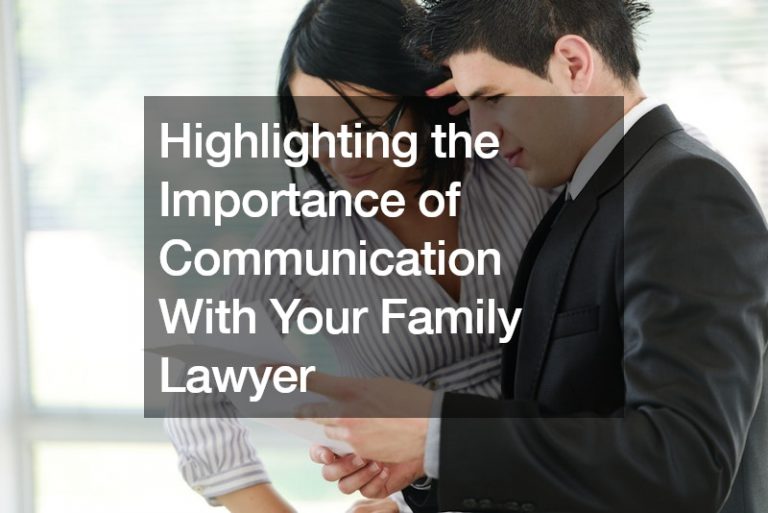 Foster care is a way to provide care for children who come from broken homes and have been abused. Some of them even find themselves in trouble and having to deal with the Juvenile Justice system. When there is a clear danger to children in a community, families offer a safe place until parents are able to care for them. There is always a need for fostering and in many cases, it has even led to adoption.
Foster care is a way to provide care for children who come from broken homes and have been abused. Some of them even find themselves in trouble and having to deal with the Juvenile Justice system. When there is a clear danger to children in a community, families offer a safe place until parents are able to care for them. There is always a need for fostering and in many cases, it has even led to adoption.
Children need a safe, stable place to stay and not just loving care. Foster families are in a position to provide these and more.
Who Can Qualify As a Foster Parent/Family?
Federal and state laws mandate that the DHS complete strict background checks on families before they can qualify as foster families. Laws prohibit those who have been convicted of crimes or those who have pleaded guilty to acts such as unlawful sexual behavior and domestic violence.
What is Kinship Care and Who Can Offer It?
A kinship provider is a person who volunteers or agrees to care for a child who cannot stay with them due to safety concerns. DHS works with families to place children in the care of others voluntarily, due to police or court order. Kinship care has proven to be more successful at helping children deal with separation from their family unit than other kinds of placement. According to Lewis & Matthews, P.C., the DHS always considers kinship care before deciding on other options.
Permanent Placement
This is an option in which children are removed from their home and cannot be returned to their parents. Some of the available options are placement with relatives, allocation of parental rights, and adoption. This option is exercised when it is deemed necessary and overseen by juvenile courts.
The ultimate goal is to offer troubled children and those from broken families a way to find stability and care.











